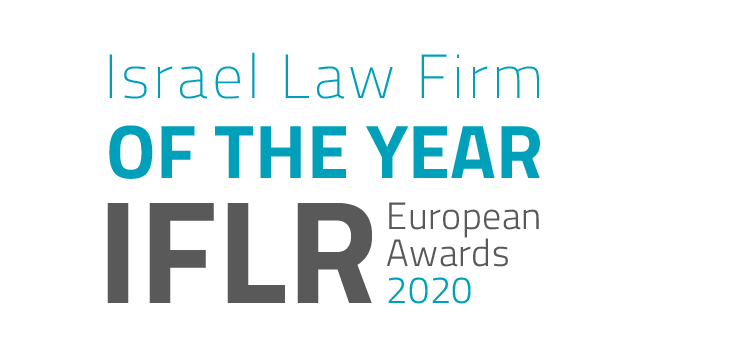Legal Update: Information Technologies
The Israel Internet Association recently published a report on the protection of children’s privacy on the internet (“Report”). The Report focuses both on the current legal status of the protection of children’s privacy (in Israel and other jurisdictions) and on recommendation for an amendment to the Israel’s Protection of Privacy Law, 5741-1981 (“Protection of Privacy Law”). The main recommendation included in the Report is to specifically recognize the unique characteristics of children’s right to privacy, and significantly restrict the different uses that can be made of personal information collected from children.
Children’s Privacy Protection under Israeli Law
The current privacy protection law in Israel does not specifically address children’s right to privacy, and the rules which apply to the infringement of such rights are derived from the general privacy protection laws as well as from legal capacity and guardianship laws. The general rule under the Protection of Privacy Law prohibits the infringement of a person’s right to privacy without his consent. With respect to minors, who are incapable of performing legal actions without their parents’ consent (according to the Legal Capacity and Guardianship Law, 5722-1962), any infringement of their right to privacy is subject to their parents’ consent. The Legal Capacity and Guardianship Law, however, provides an exception to the ability to void children’s actions which were not approved by their parents with respect to actions that are usually and customarily performed by children of the same age. This exception allows for broad interpretation on the scope of consent that children, of different ages, usually grant with respect to the use of their personal information generally, and on the internet specifically.
Aside from the general rules of the Protection of Privacy Law, several explicit children’s privacy rules exist under Israeli law. For example: a person who receives information regarding a child pursuant to his position at an educational institution is prohibited from disclosing or using such information; there is a prohibition on the publication or disclosure of identifying information of a child in negative contexts which relate to the child or any of his relatives directly (e.g. suicide attempt, the use of illicit substances etc.); the publication of a nude picture of a child over the age of five-years-old is prohibited and there are explicit rules on the matter of participation of children in television programs, in advertisements and in other commercial performances.
Proposal for an Amendment of the Protection of Privacy Law with respect to Children’s Privacy
One of the main proposals included in the Report, is to amend the Protection of Privacy Law to include a specific recognition of children’s right to privacy, with a description of the rules to achieve this purpose. First, it is proposed to impose special obligations on entities requesting to collect personal information on children, and this to ensure that the consent given for such collection meets the criteria set forth in the case law for “informed consent”. Thus, for example, it is proposed that the entity collecting such information be obligated to: draft the wording of its request in a manner that is suitable for the age of the children addressed; that a warning be included with the request regarding the potential harm to privacy and its consequences as result of the use of personal information; to separate between the data collection request and a request for authorization to transfer the collected data to third parties and that reasonable efforts shall be dedicated to examine whether the necessary consent for the use of such information was obtained. Second, it is proposed that collecting information on children under the age of thirteen will be subject to their parents’ consent and to prohibit the use of such information for direct mailing purposes or for commercial advertisements targeting the children themselves. Third, it is proposed to allow the child or any person on his or her behalf, to revoke the consent for the collection of the personal information. This would also apply to adults who gave their consent for the collection of personal information when they were minors. Fourth, it is proposed to double the penalties provided under the law for the deliberate infringement of children’s right to privacy, as well as the statutory damages afforded for a child whose privacy has been infringed.
Conclusion
The purpose of the Report is to advance explicit regulations of children’s right to privacy. According to the existing law, there is uncertainty with respect to the scope of the protection of such right, with respect to the validity of a child’s consent for the collection of his or her personal information and with respect to various uses of children’s names, pictures and likeness by commercial entities generally and on the internet specifically. Generally, the proposals included in the Report are consistent with the European General Data Protection Regulations which will enter into force in 2018 as well as the Children’s Online Privacy Protection Act (COPPA) in the United States. Therefore, such proposals, if accepted, may remove the existing uncertainty which is caused, among other reasons, by the difference between Israeli law and the law in parallel jurisdictions. However, as long as such specific regulations are not taking place, it is advised that entities collecting, processing and commercially using children’s personal information do so while taking all necessary precautions.
This update was written by Adv. Omri Rachum-Twaig
For further information, please feel free to contact:
Adv. Amit Dat | adat @ fbclawyers.com | +972.3.694.1320

